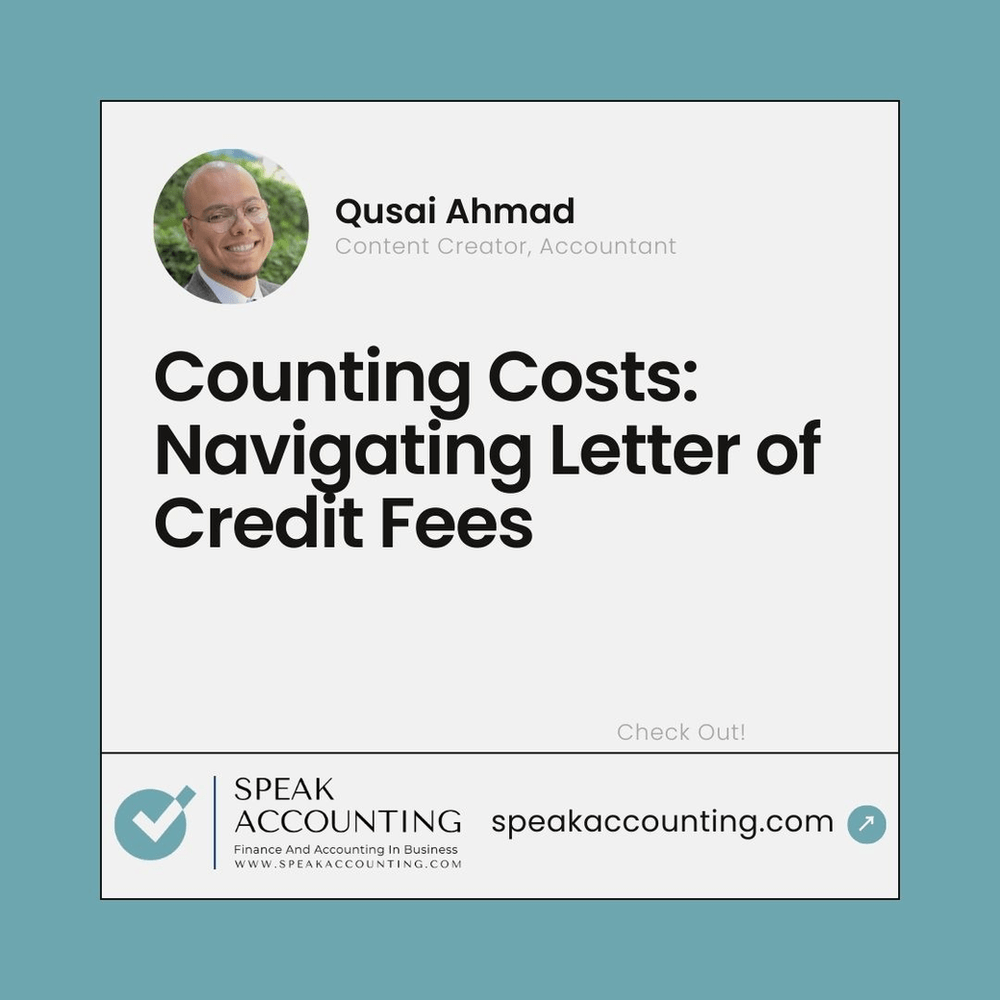Certified Public Accountants (CPAs) and Enrolled Agents (EAs) are both professionals in the field of taxation and accounting, but they have distinct differences in terms of their qualifications, responsibilities, and the scope of their practice.
CPA (Certified Public Accountant):
A Certified Public Accountant, commonly referred to as a CPA, is a highly qualified financial professional with expertise in accounting, taxation, auditing, and financial planning. CPAs are granted this prestigious designation after meeting rigorous educational and experience requirements and passing the Uniform CPA Exam, which assesses their knowledge and proficiency in various areas of accounting and finance. CPAs play a crucial role in ensuring financial integrity and transparency for businesses and individuals. They provide a wide range of services, including tax preparation, auditing, financial analysis, and strategic financial planning. CPAs are also authorized to represent clients before tax authorities and regulatory bodies, making them valuable assets in navigating complex financial and tax matters.
Enrolled Agent (EA):
An Enrolled Agent, often abbreviated as EA, is a tax professional authorized by the Internal Revenue Service (IRS) to represent taxpayers in matters related to federal taxation. EAs specialize in tax matters and are particularly skilled in understanding and interpreting the intricate tax code and regulations. To become an EA, individuals must pass the Special Enrollment Examination (SEE), a comprehensive exam administered by the IRS, which tests their knowledge of federal tax laws and regulations. EAs are not limited to specific state requirements, and their credentials are recognized at the federal level, allowing them to assist clients across the United States with various tax-related issues. EAs commonly offer services such as tax preparation, tax planning, IRS audit representation, and helping clients navigate tax compliance and reporting requirements. They serve as advocates for taxpayers in dealings with the IRS, making them valuable allies in resolving tax-related challenges.
The key differences between CPA and Enrolled Agent:
Qualifications and Licensing:
- CPA (Certified Public Accountant):
- To become a CPA, individuals typically need to have a bachelor’s degree in accounting or a related field.
- They must pass the Uniform CPA Exam, which is a rigorous, state-specific exam covering various aspects of accounting, taxation, auditing, and business ethics.
- CPAs are also required to meet specific experience and education requirements set by their state’s Board of Accountancy.
- They may need to fulfill ongoing continuing education requirements to maintain their CPA license.
- EA (Enrolled Agent):
- Enrolled Agents do not necessarily need a bachelor’s degree in accounting or a related field, although having a degree can be beneficial.
- To become an EA, individuals must pass the Special Enrollment Examination (SEE), a comprehensive exam administered by the IRS that covers federal tax laws and regulations.
- EAs are also required to pass a background check conducted by the IRS.
- Unlike CPAs, EAs are not subject to state-specific licensing requirements, and their credentials are recognized at the federal level.
Scope of Practice:
- CPA (Certified Public Accountant):
- CPAs have a broader scope of practice in the field of accounting. They can provide a wide range of financial services, including auditing, financial planning, and management consulting, in addition to tax-related services.
- CPAs can represent clients before the IRS and state tax authorities in tax matters, but their practice is not limited to taxation.
- EA (Enrolled Agent):
- EAs specialize primarily in taxation. They are specifically trained and authorized to represent taxpayers in front of the IRS in matters related to tax, including audits, appeals, and collections.
- While EAs can provide tax planning and preparation services, their practice is more narrowly focused on tax issues.
Regulation:
- CPA (Certified Public Accountant):
- CPAs are regulated by state boards of accountancy, and the specific requirements for licensure may vary from state to state.
- They are subject to both state and federal regulations when practicing accounting and taxation.
- EA (Enrolled Agent):
- EAs are regulated by the IRS, and their practice is primarily focused on federal taxation matters.
- They have the authority to represent clients in federal tax matters in all 50 states and before the IRS.
Expected Salaries:
- CPA (Certified Public Accountant):
- The salary of a CPA can vary significantly based on factors such as location, level of experience, and the specific industry they work in.
- On average, CPAs tend to earn higher salaries than EAs due to their broader range of services and qualifications.
- Entry-level CPAs can expect to earn an annual salary ranging from $50,000 to $70,000, while experienced CPAs, especially those in managerial or partner roles in large firms, can earn well into six figures or more.
- EA (Enrolled Agent):
- EAs typically earn competitive salaries, but their earning potential may be somewhat lower than that of CPAs since their specialization is primarily in taxation.
- Entry-level EAs may start with salaries in the range of $40,000 to $60,000, with the potential for higher earnings as they gain experience and build their client base.
Exam Parts and Topics:
- CPA (Certified Public Accountant):
- The Uniform CPA Exam consists of four sections:
- Auditing and Attestation (AUD)
- Business Environment and Concepts (BEC)
- Financial Accounting and Reporting (FAR)
- Regulation (REG)
- The Uniform CPA Exam consists of four sections:
- Each section covers specific topics related to accounting, auditing, taxation, and business concepts.
- EA (Enrolled Agent):
- The Special Enrollment Examination (SEE) for EAs consists of three parts:
- Individuals
- Businesses
- Representation, Practices, and Procedures
- The Special Enrollment Examination (SEE) for EAs consists of three parts:
- These parts cover federal taxation topics related to individuals, businesses, and tax practice procedures.
Examination:
- CPA (Certified Public Accountant):
- The Uniform CPA Exam is a computer-based exam administered by the American Institute of Certified Public Accountants (AICPA). It is typically offered in testing windows throughout the year.
- Candidates must select and schedule their exam sections, and they have up to 18 months to pass all four sections.
- Each section of the CPA exam is a combination of multiple-choice questions, task-based simulations, and written communication tasks.
- Candidates receive their scores shortly after completing each section.
- EA (Enrolled Agent):
- The Special Enrollment Examination (SEE) for EAs is also a computer-based exam administered by Prometric, in partnership with the IRS.
- Unlike the CPA exam, candidates can choose to take the three parts of the SEE in any order and at any time throughout the year.
- The SEE consists of multiple-choice questions and is known for its comprehensive coverage of federal taxation topics.
- Candidates receive their scores immediately upon completion of each part.
Exam Costs:
- CPA (Certified Public Accountant):
- The costs associated with becoming a CPA can be substantial. These costs include:
- Exam fees: The Uniform CPA Exam consists of four sections, and candidates must pay fees for each section. These fees vary by state but typically range from $800 to $1,000 or more for all four sections.
- Review course materials: Many CPA candidates invest in review courses or study materials to prepare for the exam. These courses can cost anywhere from a few hundred to over a thousand dollars.
- Additional expenses: Candidates may also incur expenses for study materials, travel (if taking the exam in a different state), and re-examination fees if they don’t pass all sections on their first attempt.
- The costs associated with becoming a CPA can be substantial. These costs include:
- EA (Enrolled Agent):
- The costs associated with becoming an Enrolled Agent are generally lower compared to the CPA exam. The main cost for becoming an EA is the Special Enrollment Examination (SEE) administered by the IRS. As of my last knowledge update in September 2021, the SEE exam fee was around $184 per part, with a total cost of approximately $552 for all three parts.
- EAs may also choose to invest in study materials or review courses, which can add to their expenses, but these costs are typically more affordable compared to CPA review courses.
Conclusion
CPAs and EAs have different qualifications and responsibilities. CPAs are experts in accounting, auditing, and financial planning, while EAs specialize in federal tax matters. Both professionals provide valuable services in their respective fields.




